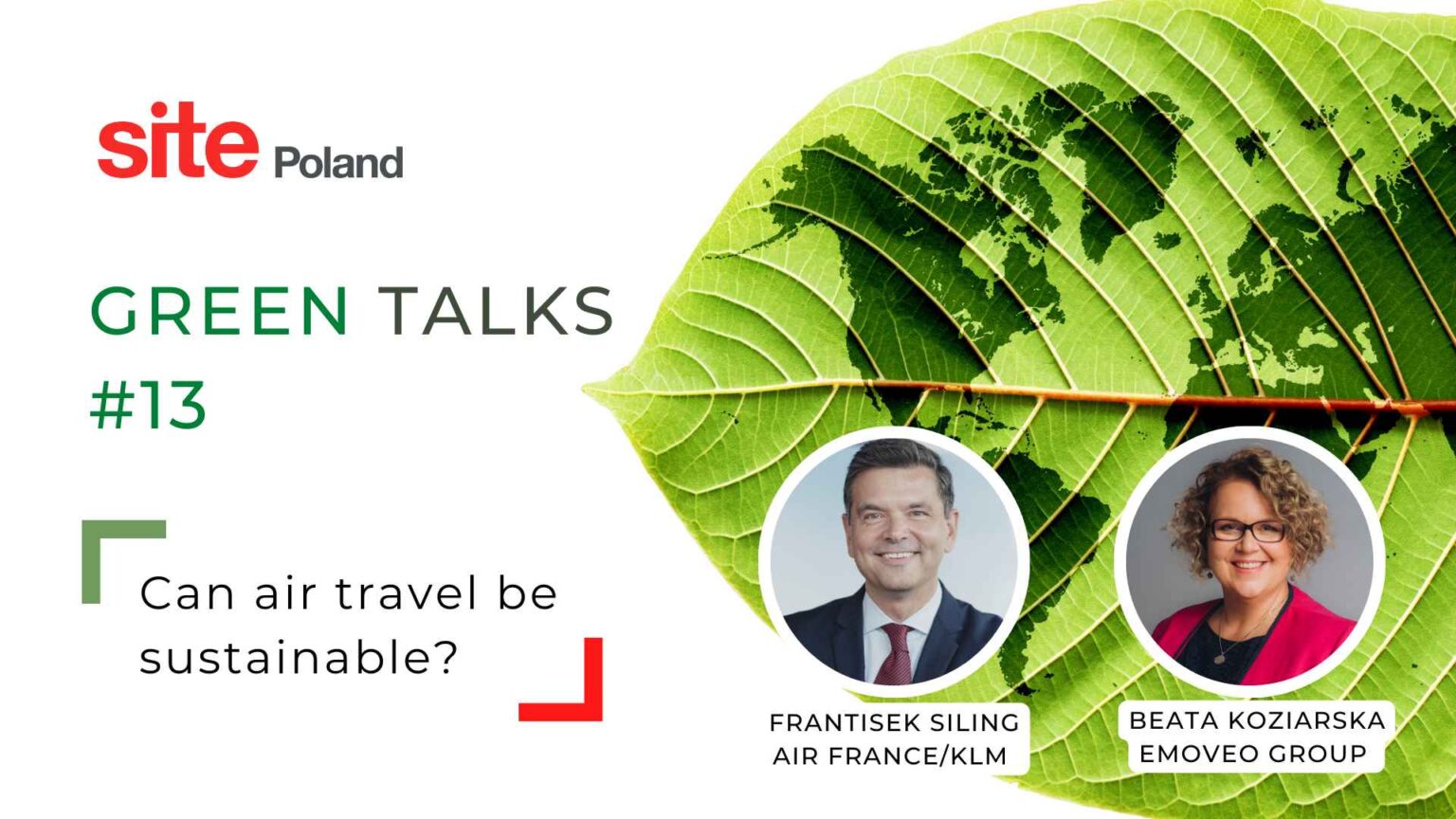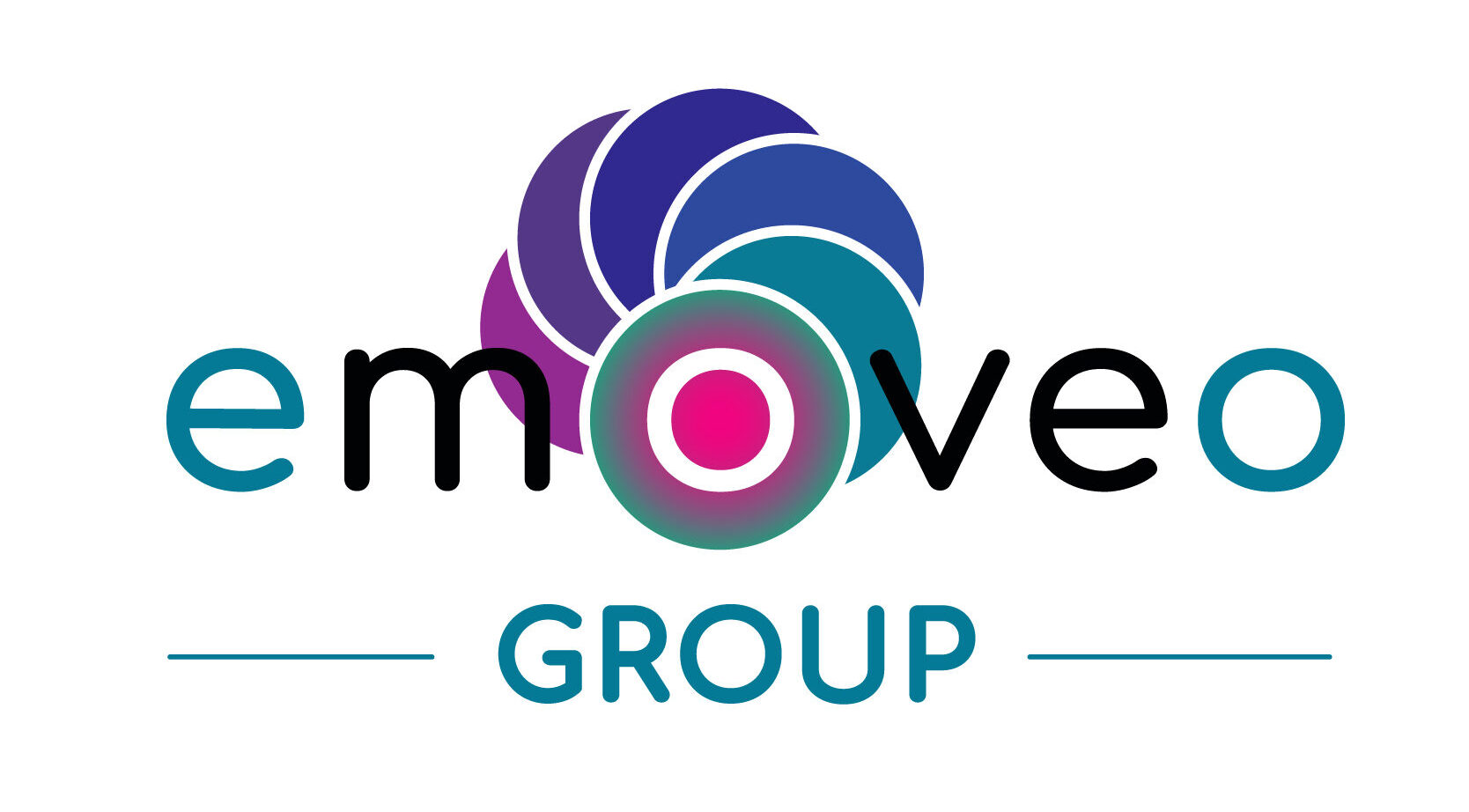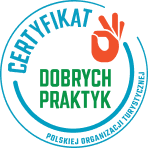GREEN TALKS to cykl autorskich wywiadów na temat zrównoważonego rozwoju w turystyce.
Beata Koziarska prowadzi je wspólnie z Grażyną Grot-Duziak, Prezes SITE Poland. To ich dialog z rynkiem: z klientami, agencjami i dostawcami usług. Rozmawiają z różnymi osobami z kraju i z zagranicy o: ekologii, CSR, ESG, strategiach miast i regionów.
Zachęcamy do zapoznania się ze wszystkimi wywiadami z cyklu GREEN TALKS.
Z cyklu #GreenTalks #SITEPoland dziś Beata Koziarska pyta naszego eksperta Frantisek Siling, Country Sales Manager Poland at Air France-KLM o to, jak wygląda transformacja transportu lotniczego w kierunku strategii zrównoważonego latania.

Questioner: BEATA KOZIARSKA, EMOVEO GROUP, SITE POLAND Member
Expert: FRANTISEK SILING, Country Sales Manager Poland at Air France-KLM
After graduating from the Czech Technical University, I started working at Czech Telecom, and 3 years later I moved to Eurotel, the first mobile operator in the Czech Republic, where I took a position of Marketing Specialist. In 1995 year I moved to Panasonic for the position of Account Manager, being responsible for the distribution and sale of selected products on the Czech and Slovak markets. Then my career continued at CPC Foods (now Unilever), as a Promotion Manager for the Czech Republic and Slovakia. In 1997, I started working for KLM as an Account Manager, and 3 years later I was promoted to the position of Sales Director for the Czech Republic and Slovakia, initially at KLM, and after the merger of KLM and Air France, I also began to perform the same function at Air France for both countries. In 2016, I became the General Sales Director at Air France and KLM in Poland, where I still continue. The dynamic development of Air France and KLM – the number of flights is growing and new routes from Poland are being opened – means that I can’t complain about the lack of tasks and challenges.
Beata Koziarska: From what I’ve read, KLM has had a climate plan in its strategy since 2008 to ensure that the airline can be more sustainable in the air and on the ground. So, how do you do it to transport us, the passengers, at the least possible cost to the planet and the climate?
Frantisek Siling: In order to reduce our environmental footprint, we’ve designed a consistent approach, developed within the Group’s Destination Sustainability strategy, with the goal of CO₂ emissions reduction based on three main pillars: fleet renewal, sustainable aviation fuel and operational measures. Let me share a few words about them.
First of all, we run our ambitious plan to modernize and renew the fleets of Group airlines with latest-generation aircrafts, emitting 20-25% less CO₂ compared to their predecessors. With the objective of having 64% of new generation aircraft in the Group’s fleet by 2028, we are currently investing over €2 billion annually for the acquisition of Airbus A220s, Airbus A320- and A321neos, Airbus A350s, Boeing 787s and Embraer 195-E2s, which are amongst the most efficient aircraft in their respective categories.
Secondly, we increase the usage of Sustainable Aviation Fuels (so called “SAF”). These non-fossil fuels can be produced from industrial or domestic waste in a circular economy, and the SAF sourced by Air France-KLM does not compete with the human food chain or with animal feed. And last, but not the least – we continue improving our operational efficiency, by favoring more direct objectives and applying procedures that limit fuel consumption such as single-engine taxi, continuous descent, etc.
How does this look in the airline world – do all airlines follow this pattern and implement similar strategies? How can one check if any airline follows similar practices and plan a flight in such a way as to work together for the climate?
Airline industry is aware and conscious of the issue. Moreover airlines have to follow the national and European legislations. It is essential that approach to sustainability is responsible and transparent. Air France-KLM Group’s targets regarding CO₂ emissions reduction, have been submitted to the SBTi’s Target Validation Team. The Science Based Targets initiative (SBTi) is a global body which independently assesses and validates companies’ CO₂ emissions targets based on a scientific approach and criteria. The SBTi has confirmed that our Group’s targets are in line with a well-below 2°C objective, as determined by the Paris Agreement signed in 2015. Achieving the environmental targets require the whole airline industry’s cooperation. Airlines should work closely with each other and with our sector partners to develop technical solutions and innovations that support the energy transition in aviation. We continue to transparently share our actions and results with our customers and the general public. Detailed information on all our activities in sustainability area can be found in our “Destination Sustainability” document, available here
There is a perception that choosing connecting flights results in more flights per trip, sometimes significantly increasing the distance flown and therefore higher CO2 emissions. Is a dense network of connections – to fly direct – the solution to reducing pollution? Or the opposite?
Direct flights are not always possible and the longer distance does not always have to mean the higher CO2 emission. The type of aircraft and its weight, the fuel used, the operational efficiency – there are many factors that influence the emission in total.
Is there an alternative to aviation fuels that would be greener? What are the trends in the world and what solutions are being implemented in your airline?
Yes, it is called Sustainable Aviation Fuels (so called “SAF”). These non-fossil fuels are made from more sustainable resources – forestry and agricultural waste products, waste oils of organic origins such as used cooking oil, wood residues and other renewable resources, which are converted into fuel that is comparable to normal jetfuel. SAF bought by AFKL can reduce CO₂ emissions from 75% average over their life cycle, compared to fossil kerosene.
Air France and KLM have been pioneers in the field of alternative fuels. In 2011 we carried out the world’s first commercial flight partly powered by SAF. In 2020, Air France worked together with Airbus, Safran, Suez and Total to promote the growth of the SAF production chain in France. The following year, Air France operated its first long-haul flight fuelled by SAF produced entirely in France, while KLM operated the world’s first commercial flight with synthetic fuel produced in the Netherlands. As from 2022, Air France, KLM and Transavia started to integrate sustainable aviation fuel on regular basis on all flights departing from France and the Netherlands. 0,6% of SAF is added to the fuel system and blended with fossil fuel for any Air France and KLM flight departing from Amsterdam and Paris airports.
Our decarbonization trajectory is to accelerate SAF incorporation as production increases, with a target of 10% in 2030 and up to 63% in 2050. Therefore it is essential for us to find SAF providers. In October last year, Air France-KLM has signed two binding multi-year contracts with SAF providers Neste and DG Fuels for a total volume of 1.6 million tons. These contracts represent a first step by the Group towards achieving its 10% SAF incorporation targets by 2030 and will cover approximately 3 of those 10%. First deliveries are expected in 2023. We will still have to work with all parties around us and come up with rock-solid solutions and innovations to speed up the use and production of SAF. Currently also Air France and KLM passengers automatically contribute to the purchase of sustainable fuel. The surcharge is included in the ticket price and depends on the distance flown and the seat booked (economy or business).
The production of sustainable aviation fuel is still far below what is needed. Is not yet available on a large scale and it is at least 2 to 8 times more expensive. Therefore Air France and KLM are actively contributing to the acceleration of the SAF production, by supporting the development of a production chain in France and the Netherlands.
What is the so-called „offset”, and how is it calculated?
Air France and KLM don’t offer offset process to our clients.
What can clients do to voluntary contribute to reduction CO2 emissions ? What is customer’s willingness to contribute to sustainable travel?
Air France and KLM customers are encouraged to reduce their carbon footprints by a voluntary purchase of so called “environmental options” during the ticket booking. They can contribute to the purchase of future sustainable aviation fuel. The price for the contribution is calculated based on several factors that influence the amount of CO₂ emissions of the flight, like the type of aircraft, distance, and historical load factor. The CO2 and fuel calculator helps us to define, how much SAF is needed to reduce the impact of a trip. All our customers who make reservations online are aware of this option, as it is offered within the ticket booking process.
Can you do offsets with group bookings? How is it working? Do you have some numbers how is it implemented, what is the response of the Clients?
First of all, as I said before, Air France and KLM don’t offer offset process to our clients.
And there are no anything like ‘sustainable group bookings’. Either the customer can contribute on the website as a private person and reduce his/her environmental footprints or the company can join the Corporate SAF program (see the answer on Q8).
What should incentive travel organizers know, how should they plan sustainable group flights? And because probably it would rase the cost of the tickets, how to convince corporate clients of this idea?
To accelerate the usage and production of SAF, Air France and KLM offer the Corporate SAF program which is dedicated for our Corporate customers.
By joining the program, companies support the transition from conventional, fossil fuel to SAF and becomes part of our community of sustainability pioneers. At the same time, companies reduce the footprint from business travel by at least 75% and supports its sustainability goals by reducing CO2 emissions. Only together, we can bring sustainable aviation closer.
More information about the program is available here
Do you implement a sustainability program in terms of onboard catering? What happens to leftover food and packaging? Do you use local suppliers in flight destinations?
Both Air France and KLM strive to ensure that their inflight catering is as sustainable as possible. Already 100% of meat, dairy products and eggs served on board of Air France flights starting from Paris are produced locally in France and the fish is sustainably caught.
The company favors local producers, respecting seasonal products and encouraging sustainable farming. The kids’ and infants’ menus is made exclusively from organically grown products.
KLM has a similar approach. It uses responsibly produced coffee and tea, organic eggs from the Rondeel farm which have earned the ‘better life three-star quality mark’, bread from a Dutch bakery which uses solar energy for the production of organic bread specialties and wind energy for the grain mills. The fish on KLM flights from Amsterdam and flights within Europe is certified by MSC, ASC or features in the green section of the WWF Sustainable Seafood Guide. In meals that contain meat, we not only look at animal welfare, but also at the food they are fed. Soybeans must be grown on the basis of a sustainable approach so no excessive deforestation happens. On KLM flights within Europe, and all Economy Class catering is vegetarian, while Business Class menu includes vege options too.
What’s more, both Air France and KLM fight against plastic and food waste. Two main levers enable a reduction in food waste: the adjustment of the catering embarked on flights and a strict policy of merchandise inventory management. Since 2020, a pre-selection of hot food in the Business cabin has been offered to customers, limiting the quantity of food waste and disposable cutlery, and reducing the mass embarked on board.
We are committed to recycling and eliminating single-use plastic on board, replacing them with more sustainable alternative like wood or multi usage equipment. For example Air France was able to eliminate 1,424 tons of plastic so far. While KLM uses lightweight cutlery, glassware, plates and bowls, all of which are either reusable or compostable.
What is your personal vision for sustainable air travel in the future?
Nowadays in 21st century, it is hard to imagine the life without air travels. Not only airlines, but also shareholders, customers, governments, airports and other parties involved in this sector, should take responsibility for the climate and our planet. Investing in new technologies like innovative propulsion systems, new aircrafts of the future like KLM’s Flying-V, alternative fuels, including hydrogen, synthetic SAF and captured carbon and so on. It is essential and important that both – the airlines and their customers make efforts. The lighter the aircraft, the less it consumes fuels and the less it emits CO₂ in the air. For example we can prevent the emission of 69 tons of CO₂ per year if we reduce the weight of our aircraft by 1 kg, therefore we encourage our customers to limit the weight of their baggage. And last, but not the least – our customers can contribute and limit their carbon footprints by purchasing an Environment option during ticket booking which I mentioned before.



